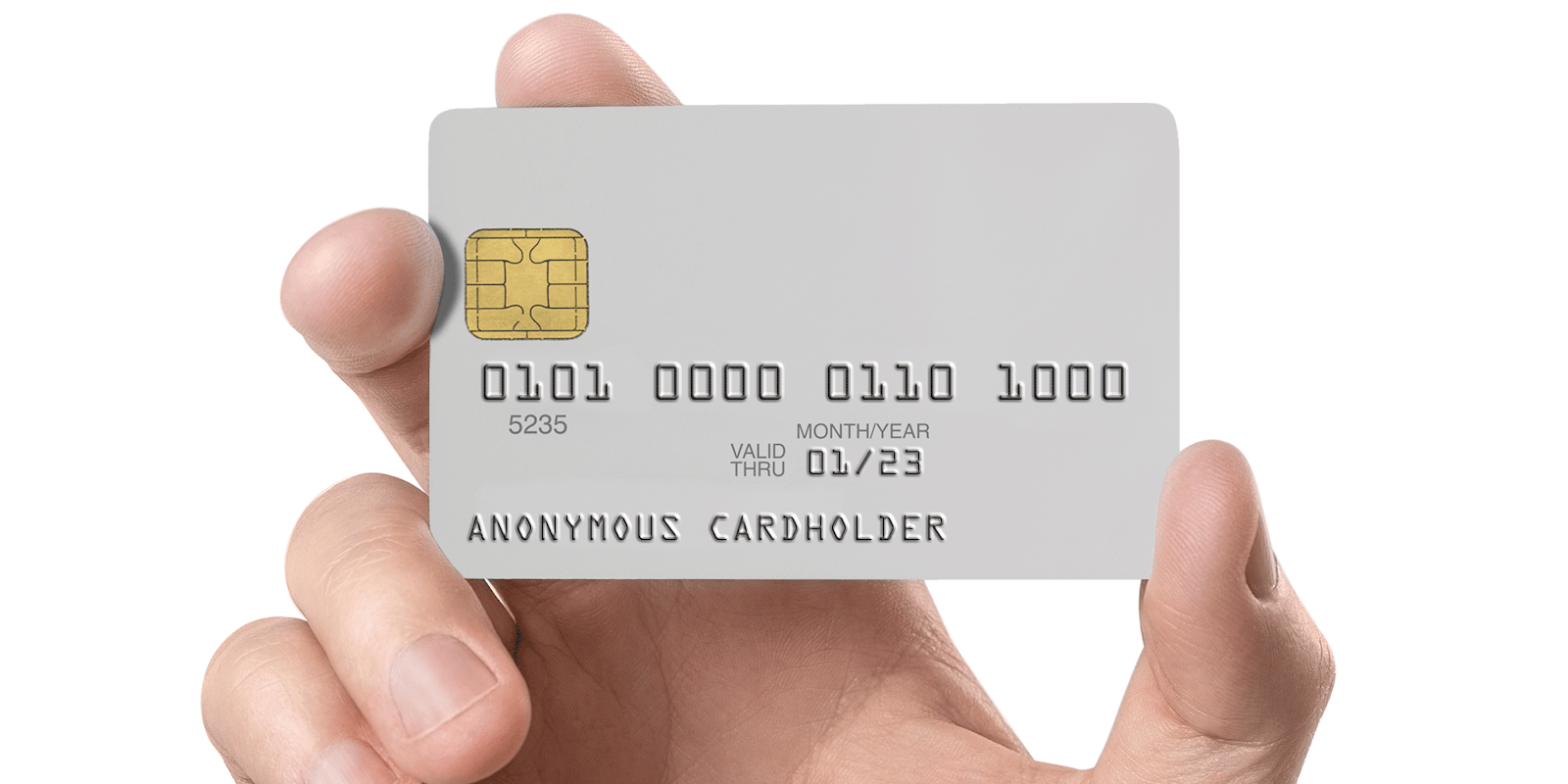Are you tired of having your credit card associated with a laundry list of websites, leaving it exposed to any type of data breach? If so, maybe it’s time to try out a virtual card.
Virtual cards provide an extra layer of defense from online fraud at a time when most people are shopping online. E-commerce exploded last year as many people were forced to shop from home when the coronavirus pandemic closed down stores.
But with that increase in online shopping came a spike in fraud and online scams as hackers capitalized on the masses staying at home. The FBI even encouraged “vigilance” as people transitioned to life online.
While the landscape of online shopping can potentially leave you exposed, there are ways to mitigate that risk. Now, virtual cards are here to help protect your banking information from theft.
These online cards aren’t tangible and they can change for each purchase. This helps prevent online thieves from obtaining personal credit card numbers and access to account funds. The ephemeral nature of the cards can make it impossible to use them for repeat fraudulent purchases.
Virtual cards are being offered by popular banks like Bank of America and Chase, but there are also trusted third-party services like Privacy.
Here’s everything you need to know about the latest tool to protect your banking information.
How does a virtual card work?
Virtual cards mask the identity of a person’s real credit card number by providing a random, single-use card number for each purchase. The result prevents hackers from obtaining a user’s real credit card information if a site is compromised.
The single-use virtual card number is routed back to the permanent account so the person is charged after use. But, once the card number is used, it becomes invalid so it can never be used again. Other cards can be used several times, but they still don’t have a person’s banking information attached to them.
Virtual cards from major banks and credit card companies like Visa can be requested online. The company sends each user a new number as long as the user has a credit card account to link the number to.
Capital One and Citibank give customers a new number for each purchase directly on their banking apps while American Express and Chase have a specific number for each merchant that remains the same but is different from a user’s actual card number.
With these cards, users can place orders online or over the phone, but never in person because it is not a physical card.
There is a difference between a virtual credit card and a virtual debit card. While a virtual credit card will be entirely online with a random string of numbers, you will be charged on your existing card that you link to.
A virtual debit card is the same in terms of being online and having the random string of numbers, but it draws from a bank account you link it to.
What is a Privacy card?
Meanwhile, third-party companies like Privacy can be useful in many ways.
Privacy allows for you to use a browser extension, so when you’re checking out on an online store, users can open the extension and the site generates a random card number.
With a Privacy card, users can also set spending limits on the cards. For example, if Netflix costs $17.99 a month, you can set your Privacy card to have just that amount on the card each month. Privacy also lets users create a single-use card for a one-time transaction that closes itself automatically afterward.
Privacy offers different tiers for pricing, but a personal account is free and allows you to create up to 12 Privacy cards every month and set spending limits. The personal account is free.
A pro account raises the number of virtual cards you can make up to 36. Meanwhile, a teams account ups the number of cards up to 60 and gives you dedicated account management.
Pros and cons of a virtual card
The major reason for a virtual card is to add an extra layer of defense to protect banking information for free.
But, there are some other perks to using them as well. They also work well with subscription services by cutting out the tedious customer service call to cancel them. Subscriptions will continue to charge the virtual card, but if a customer is done with the payment plan, all they have to do is disable the card and the subscription will end.
In addition, for added protection on Privacy, the card does not need to be linked to a person’s actual billing address or name.
But, a virtual card is not the end all be all for online banking safety. Users should continue to monitor their finances to spot potential hacks as soon as they happen.
Another downside to the online-only cards are returns. Vendors typically reimburse purchases to the card that made the purchase, which can be difficult to do if the card is virtual. So, be sure about the purchase before making it with the virtual credit card.
Virtual cards in the market
Financial advisors at WalletHub say going directly through the bank or the credit card company is the best way to use a virtual card for ease and security.
Major companies riding the virtual card train include Visa Checkout, Chase Pay, Capital One Eno, and American Express Checkout.
However, other third-party companies are making waves in the virtual card market. Privacy is a start-up that earned $10.2 million in a Series A fundraising. And last July, the company had issued 5 million virtual card numbers according to Tech Crunch.
Any of the options add more protection between you and a potential hacker.


